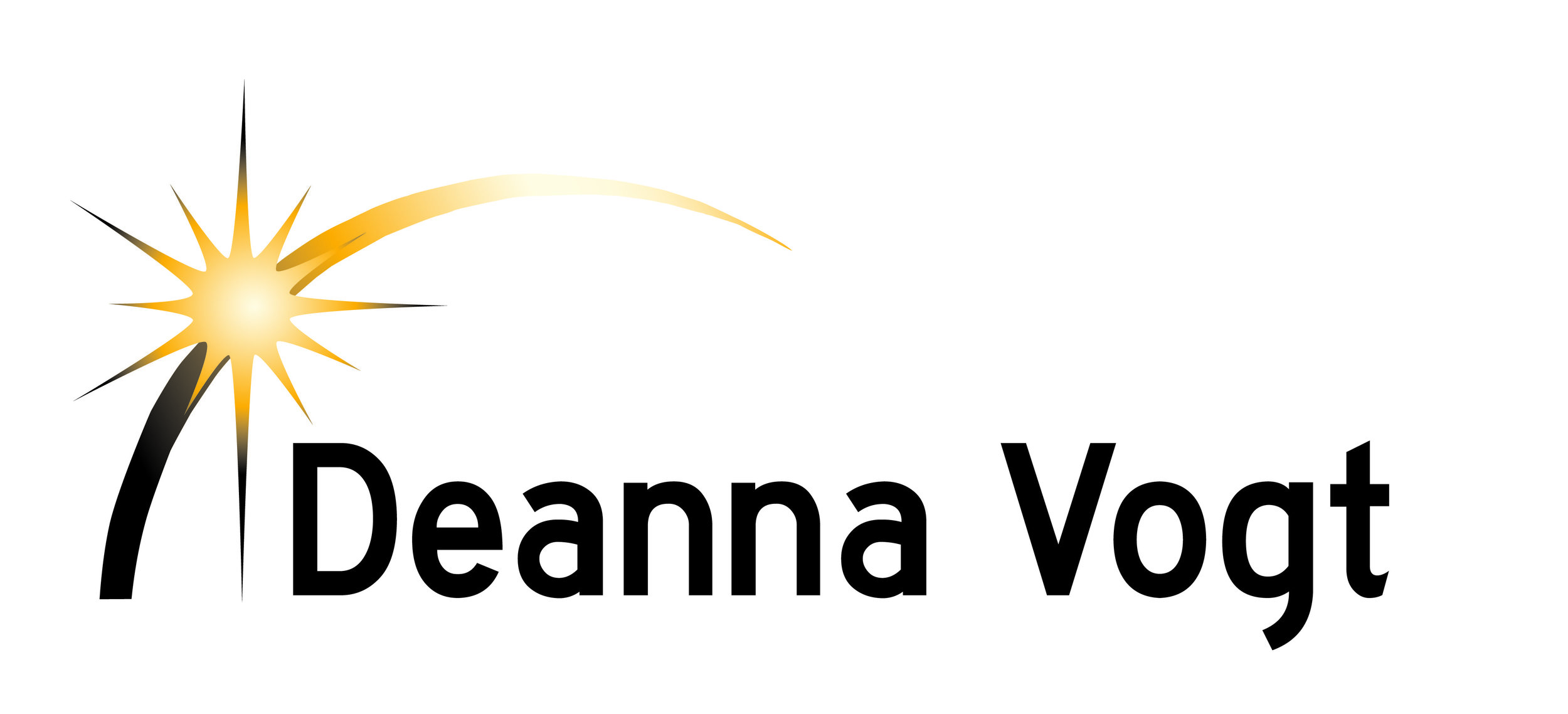A little distracted or profoundly stuck?
How often do we feel lost, confused, or just fuzzy about our creative work? Whether our creative work is in technical problem solving, leading an innovation team, taking on a design project, or bringing an inventive brainstorm to life, the path is usually bumpy at best.
There are too many ways to move forward or, sometimes, apparently none. We stop, start, juggle, avoid, stumble, lose our place, and burn up our motors getting nowhere.
Which project to focus on, which experiment to invest in, which problem to solve first, which risk is worth taking, how much backtracking is a poor investment of our time?
Creative disorientation is sometimes a little distracting or creates a small delay in our progress. Other times, it leaves us profoundly stuck.
A starting place for shifting from disoriented to clear and focused is finding your place on the map of the creative experience.
Knowing what stage your project is in, and what that means for your own creative experience, pays off in several ways:
Feel more grounded and effectively focused in your work. Know where you are, and work more in the present rather than in worries about what happened in the past and what hasn’t happened yet.
Be reassured to know that your experience is probably natural to your place on the creative map. Let the validation and sense of community help you bring your focus back to moving forward.
Clarify what this stage asks from you, and consider how you will know when you’re ready to progress to the next stage.
Distinguish between the work of this stage and the work of future or past stages, so your energy and attention can go toward what matters now.
Anticipate and prepare for some of the problems and opportunities for this and future stages. Don’t be surprised by what you could have seen coming.
You could get started now:
What are you trying to make, change, understand, or express? __________
Are you recently jolted awake by the new idea or realization of what you need to work on? That’s Spark. If you think you want to explore this idea or possibly make something of it, you can move to the next stage.
Do you not really have your footing yet? The goal is vague, the path forward isn’t clear, you’re not sure what you’re doing or if you are going to it? That’s Search. When you (sort of ) know what you’re going to try to do, you know what you have to work with and you have some idea how to approach the work, now all you need to do (hah) is do the work. You’re transitioning to the next stage.
Are you working (slogging?) away, sometimes clear about what you’re doing, sometimes not, sometimes stuck, sometimes plodding or zooming? That’s Solve. Whoa, that was so much work, with so many problems solved and insights gained along the way, and it looks like you’re entering the final stage.
Are you nearly done, checking out what you’ve made to see how it works, getting it ready to wrap out and in some way send into the world? Or maybe you’ve just hit the Launch button. That’s Share.
How does the issue that’s giving you friction or making you stuck affect your ability to succeed in and complete your current stage? If you’re not excited about reaching out to others, is that slowing down your ability to find resources and advice before you commit to a new project (Search)? Or are you avoiding finding a collaborator or mentor to boost you over the hump in Solve? Maybe you need to get feedback, recruit testers, or ask for reviews or testimonials in Share?
Can you successfully clear your project stage and do your work and yourself justice with a workaround instead of solving the problem of not reaching out? That’s an option.
But will the same obstacle come back around to delay or derail your creative work in other stages and future projects? In this case, it seems likely..
Maybe it’s time to make a project of solving this problem well enough, once and for all, well enough that you can engage others for the benefit of your project whenever you need to, without being weighed down by the difficulty of making yourself do it.
Knowing where you on the creative map won’t solve your creative problems, but often it will enlighten your perspective about what matters a lot or a little, or what may be causing the underlying issue, or where you might look for other approaches to getting the work of this stage done despite the obstacle.
Remember that in any fairly complex creative project, these stages are as recursive as they are forward moving, and that’s OK. There are four distinct stages of the whole project, but you’ll find yourself coming back to earlier stages for lots of reasons before you’re through, so it’s know you’re in Solve, then one day find that you’re back to finding your footing (Search) about a new aspect of the project or deciding to share (Share) a small piece of the larger project with the world right now.
Each stage asks something different from us, and we will likely feel differently about the project, the work, and maybe about ourselves as we work across the stages. As unique as each project, person, time, and context will be, we can always use what we learn about the creative stages, and the personal experiences they tend to invite, to be less distracted, less stuck, and more creatively productive.
Now you can put a pin (roughly) in the creative map to say, “Here I am, and there I’m going.” What the next step?

